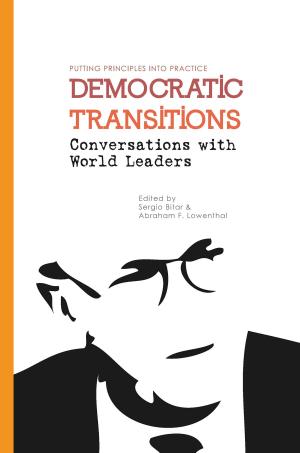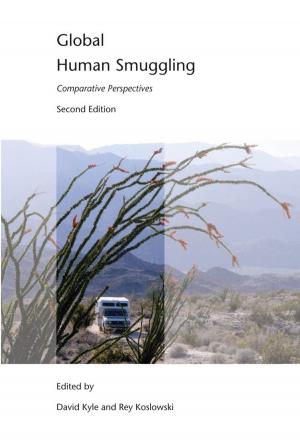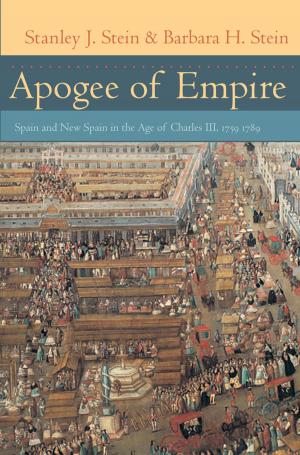Crisis in an Atlantic Empire
Spain and New Spain, 1808-1810
Nonfiction, History, Americas, Latin America, European General| Author: | Barbara H. Stein, Stanley J. Stein | ISBN: | 9781421414256 |
| Publisher: | Johns Hopkins University Press | Publication: | December 30, 2014 |
| Imprint: | Language: | English |
| Author: | Barbara H. Stein, Stanley J. Stein |
| ISBN: | 9781421414256 |
| Publisher: | Johns Hopkins University Press |
| Publication: | December 30, 2014 |
| Imprint: | |
| Language: | English |
With a compelling narrative that weaves together story and thesis and brings to life immense archival research and empirical data, Crisis in an Atlantic Empire is a finely grained historical tour of the period covering 1808 to 1810, which is often called "the age of revolutions."
The study examines an accumulation of countervailing elements in a spasm of imperial crisis, as Spain and its major colony New Spain struggled to preserve traditional structures of exchange—Spain's transatlantic trade system—with Caribbean ports at Veracruz and Havana in wartime after 1804. Rooted in the struggle between businessmen seeking to expand their economic reach and the ruling class seeking to maintain its hegemonic control, the crisis sheds light on the contest between free trade and monopoly trade and the politics of preservation among an enduring and influential interest group: merchants.
Reflecting the authors’ masterful use of archival sources and their magisterial knowledge of the era’s complex metropolitan and colonial institutions, this volume is the capstone of a research endeavor spanning nearly sixty years.
With a compelling narrative that weaves together story and thesis and brings to life immense archival research and empirical data, Crisis in an Atlantic Empire is a finely grained historical tour of the period covering 1808 to 1810, which is often called "the age of revolutions."
The study examines an accumulation of countervailing elements in a spasm of imperial crisis, as Spain and its major colony New Spain struggled to preserve traditional structures of exchange—Spain's transatlantic trade system—with Caribbean ports at Veracruz and Havana in wartime after 1804. Rooted in the struggle between businessmen seeking to expand their economic reach and the ruling class seeking to maintain its hegemonic control, the crisis sheds light on the contest between free trade and monopoly trade and the politics of preservation among an enduring and influential interest group: merchants.
Reflecting the authors’ masterful use of archival sources and their magisterial knowledge of the era’s complex metropolitan and colonial institutions, this volume is the capstone of a research endeavor spanning nearly sixty years.















